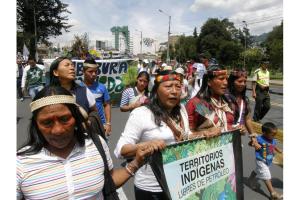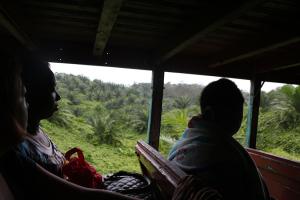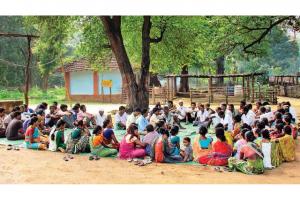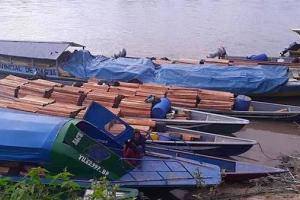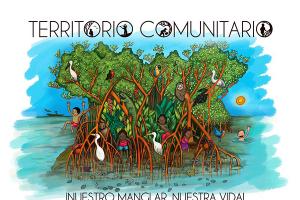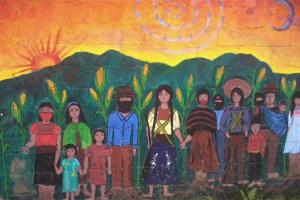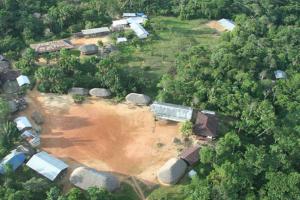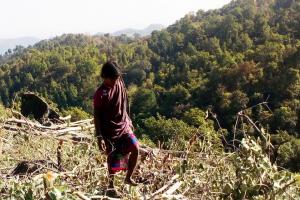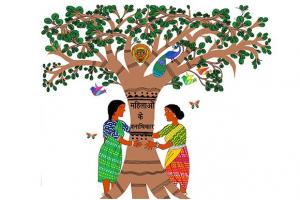Struggles for the Forests
When corporations destroy forests, or restrict or even prohibit access to forest peoples' territories, they place communities' ways of life and their very existence at risk. WRM supports forest peoples' struggles to defend their territories, and their right to decide how to live, and how to use the forests they depend on.
Communities resisting the impunity and impacts of oil palm growers in Ecuador: Cases from Esmeraldas
Balsa wood is an important input for windmills. Ecuador is the world’s largest exporter of this wood. The invasion of millions of wind turbines in China, Europe and the US means the extraction of metals to build them, as well as the brutal felling of balsa wood trees.
Despite the massive clearing of mangroves to make way for shrimp farms, and the oppression of fishing and gathering communities, this industry has access to certifications that not only facilitate its entry into foreign markets; they also conceal a history of violence against the peoples of the mangroves.
WRM spoke with close allies from Brazil, Gabon, India, Mexico and Mozambique, to hear from them and learn about their understandings of development.
Most governments, NGOs and corporations are promoting more Protected Areas and conservation areas around the world. But what does conservation mean? Marlon Santi of the Kichwa people of Sarayaku explains to us what the Amazonian peoples of Ecuador consider to be conservation.
Funds from the Compensatory Afforestation scheme have been allocated for Covid-19 relief measures. The scheme has funded plantations that invade community land and has led to illegal evictions where “Protected Areas” have been declared. This has not stopped during the lockdown.
The inter-dependencies in and among communities with their life spaces and practices sheds light to the conservation practices of forest communities. And within these interdependencies lie the stories of women.


